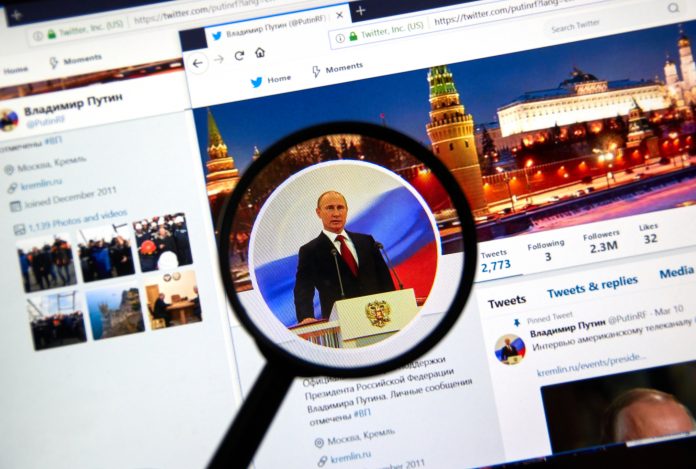Stephen Ufford, Chairman of the Board at Trulioo, discusses the dangers of anonymity within a digital democracy following an increase in voting-related cybercrime
At the time of writing, the world is in the grip of the new coronavirus. Borders are closed, schools are shut and people are confined to their homes. It’s a situation unlike the modern world has ever experienced. One of the areas this outbreak has shone a spotlight on is political leadership and how the heads of state around the world are responding to the clear and present danger that surrounds us all. Regardless of the course of action, one thing is clear – the ordinary citizen wants to trust our political systems.
Unfortunately, in all times of chaos and disruption, there are also opportunists. They generally operate in orchestrated ways to disrupt systems while citizens are vulnerable. This interference is evident right now in the democratic process, where the disruption to timings, voting patterns and internal party agendas has opened a window for the world’s criminal underground to pour fuel on the fire.
In the UK, the local elections have had to be shifted at late notice, while the current American elections are being postponed with warnings that the process is more open to being hacked by adversaries from overseas or extremists at home due to the fluctuating nature of proceedings. This follows a string of cases globally in which democratic electoral processes have been the subject of tampering and infiltration. In the wake of such vociferous and frequent hacks, it is only natural to wonder whether the fate of democracy is today more in the hands of the hackers than the people.
Modern elections are a big target
The unfortunate reality is that modern elections are becoming a target for interference and sabotage, from both state-led or state-sponsored actors, and terrorist or criminal organisations and individuals. Despite a widespread belief that more needs to be done to protect the integrity of democratic elections in a digital-first world, those stakeholders involved, including governments, electoral commissions and social media platforms, have a significant challenge on their hands, even outside of the world we currently find ourselves in.
As political campaigning and communication shift towards digital channels, we now have two main threats to our democracy that have emerged from this change.
Firstly, bad actors are exploiting social media platforms to share false information far and wide. Many of us assumed that the advent of social media would be good for democracy. However, as these platforms have matured, optimism has faded and the list of known or suspected harms has grown. Unlike within mainstream media, organisations and individuals misusing social media will continue to take advantage of the anonymity they can maintain online. They have been able to take out paid advertising and disseminate messaging, often without any real analysis of its credibility and truth, and within hours distribute lies and unfounded claims that are not only seen but believed by millions of voters, leaving electoral bodies and government agencies playing catch-up.
Secondly, foreign interference in domestic elections seems to be on the rise. There are now a number of cases of foreign governments or state-sponsored groups that have created thousands of synthetic social media accounts to espouse a particular point of view, promoting one candidate or party and launching vitriolic attacks on the opposition. Take the example of the last presidential election in the U.S. in 2016, when the Internet Research Agency, a ‘troll farm’ based in Saint Petersburg, distributed and promoted fabricated articles and disinformation from Russian government-controlled media over a four-year period.
The role of identity in political campaigning
There is a recognition across the board that the most effective way to tackle this attack on democratic values is to reduce the level of anonymity that individuals and organisations are currently afforded online. Rather than invading any individual’s privacy, the need to reduce online anonymity means putting identity at the heart of all digital and social media activity and engagement, so every single account that is created can be linked back to a web carbon version of an individual or organisation. Fortunately, social media platforms are taking seriously their role and responsibilities within political campaigning and making progress in this regard.
Additionally, there is increasing pressure to ensure that those directly involved in campaign processes are undertaking tighter scrutiny and monitoring of political advertising online. In the same way that advertising is regulated on traditional channels such as TV and print media, with a focus on facts and evidence to support campaign messaging, there are now moves to replicate this regulation across social media advertising.
Safe information, secure democracy
There is too much at stake when it comes to our digital identities to ignore what is going on, as shown numerous times through both data breaches where our personal data is compromised and manipulation of public opinion through social media. No matter which technology or appointed custodian we deploy to solve this, ultimately our identities should belong to us, the people, rather than one corporation or consortium of corporations that seek to exploit data for profit.











